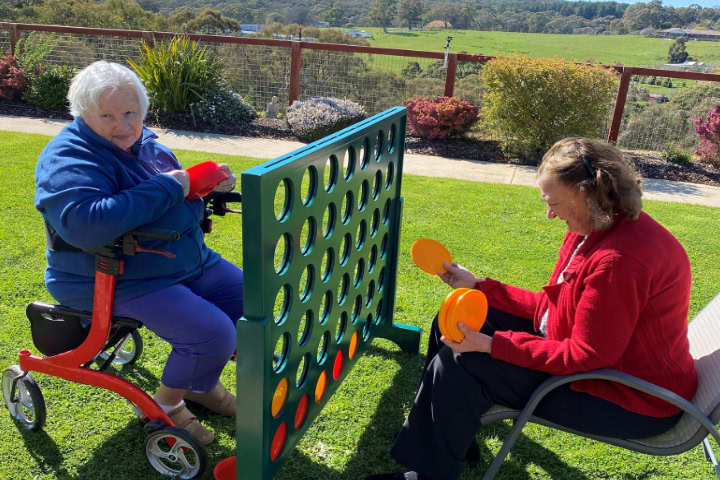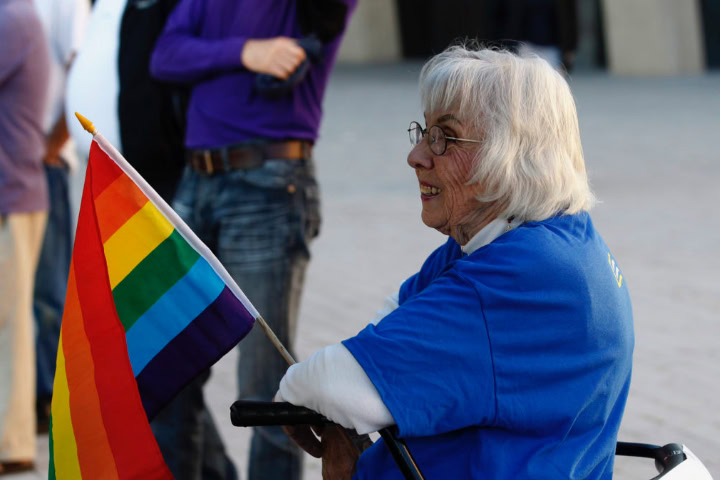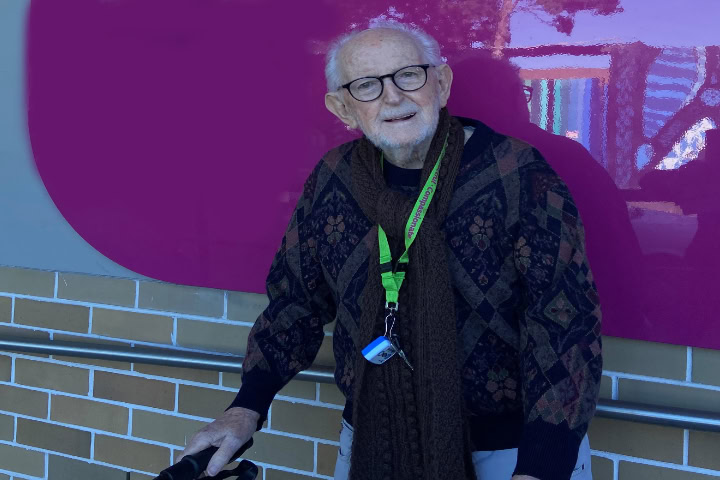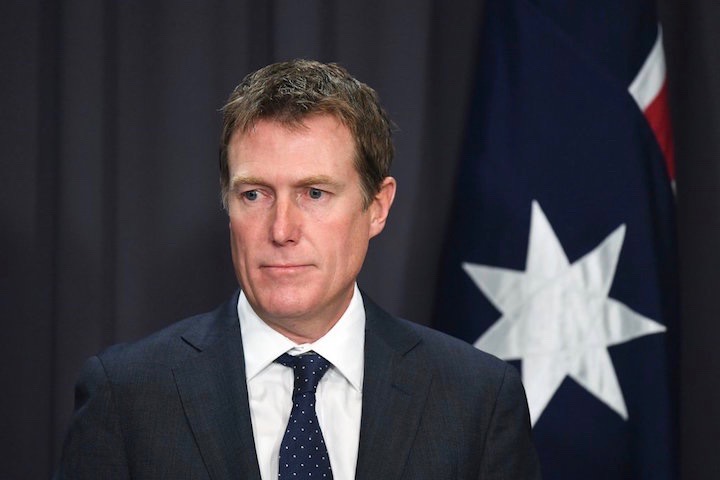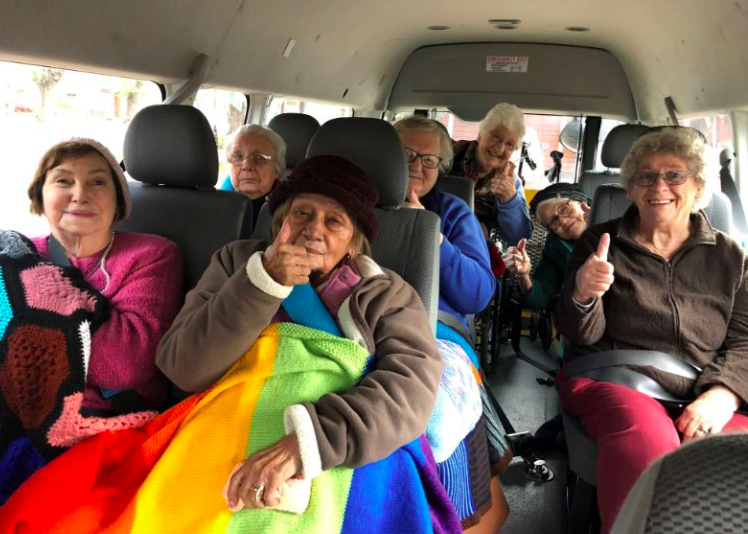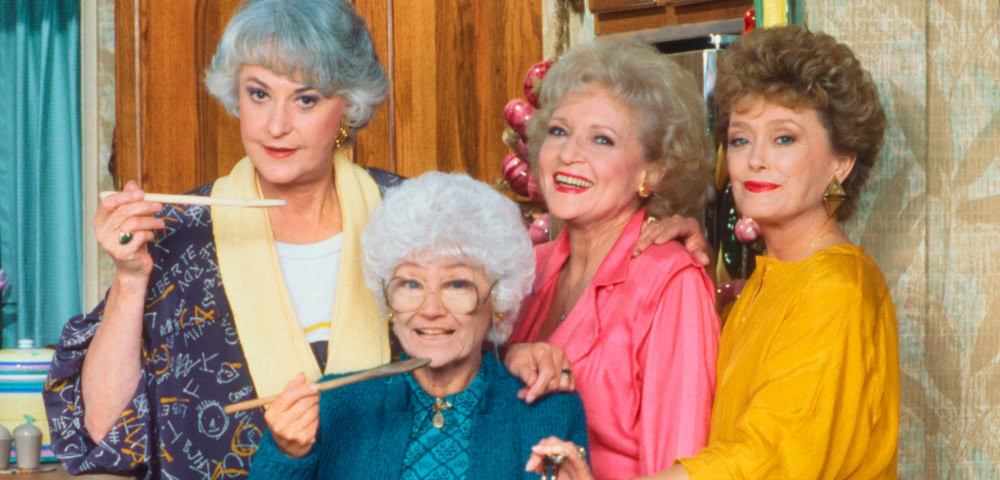
New clinical guidelines for older LGBTQI Australians
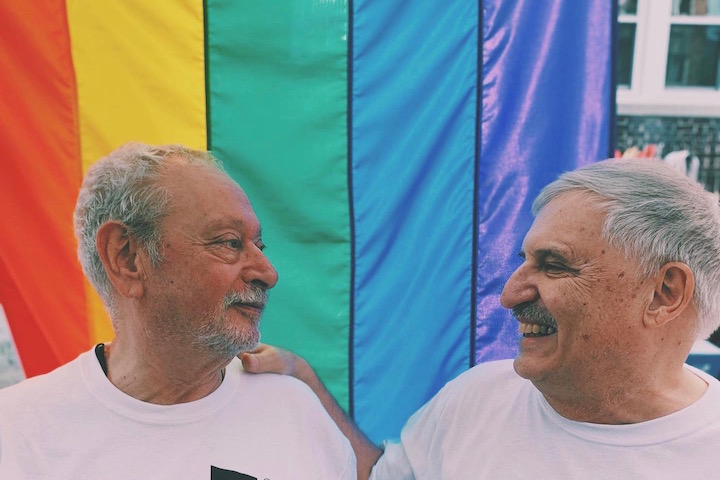
New clinical guidelines have been released which aim to help General Practitioners care for older LGBTQI+ Australians.
The Royal Australian College of General Practitioners (RACGP) has launched updated clinical guidelines for the care of older people which, for the first time, covers concerns related to marginalised communities such as people living with a disability and older LGBTQI Australians.
The RACGP aged care clinical guide (Silver Book) Part B was released on Wednesday last week with significant expansions on content from past editions.
RACGP President, Dr Harry Nespolon said in a press release that it was essential to finally update the Silver Book which still serves as the go-to guide for GPs caring for older people across Australia.
“GP’s have a critical role in ensuring the health and wellbeing of older people; they are at the frontline of care, and we know they’ll be caring for older people more and more into the future,” he said
“Statistics show that already, more than one in three GP–patient encounters are with people aged over 65 years, and the proportion of people aged over 65 will more than double in the near future.”
Dr Nespolon also noted that ensuring access to high-quality care for Australia’s ageing population was becoming more necessary than ever as Australia’s ageing population grows.
“The RACGP’s last General Practice: Health of the Nation showed that people visit their GP much more frequently as they get older – we need a clear strategy for the future of GP services, so people can continue to access high-quality care.”
The new guidelines mainly cover updates about supporting independent living in old age, older Aboriginal and Torres Strait Islander peoples and older LGBTQI population, as well as new practices on how to recognise and manage situations of elder abuse.
Associate Professor, Dr Mortin Rawlin, who chairs the RACGP’s review of the Silver Book, told Star Observer that the expanded guidelines would make a big difference in patient care – specifically for gender-diverse Australians and older LGBTQI Australians with a past of mental health issues and substance abuse.
“The historical pathologising of older LGBTQI people’s bodies and relationships continues to adversely affect their health and wellbeing,” he said.
“Compared to those growing up today, older transgender and gender-diverse people have had limited support and resources to affirm their gender. They often experience higher levels of discrimination and a greater number and severity of health issues.
“GPs need to be aware of concerns around abuse and violence, mental health, and alcohol and other drug use – we know for instance that there are harmful levels of alcohol use among lesbian and bisexual women, and smoking and drug use among LGBTQI people.
“Many people with intersex variations have been stigmatised because of their bodily differences, they can have a number of health issues from past treatment and a distrust of health practitioners. Older LGBTQI people who are living with dementia may be vulnerable to phobic family members and service providers.”
Established in 1958, RACGP is Australia’s peak general practice representative organisation. Recently the RACGP’s work has shifted to updating General Practice methods aimed at marginalised communities, especially in areas of LGBTQI medicine and Aboriginal and Torres Strait Islander health needs.

